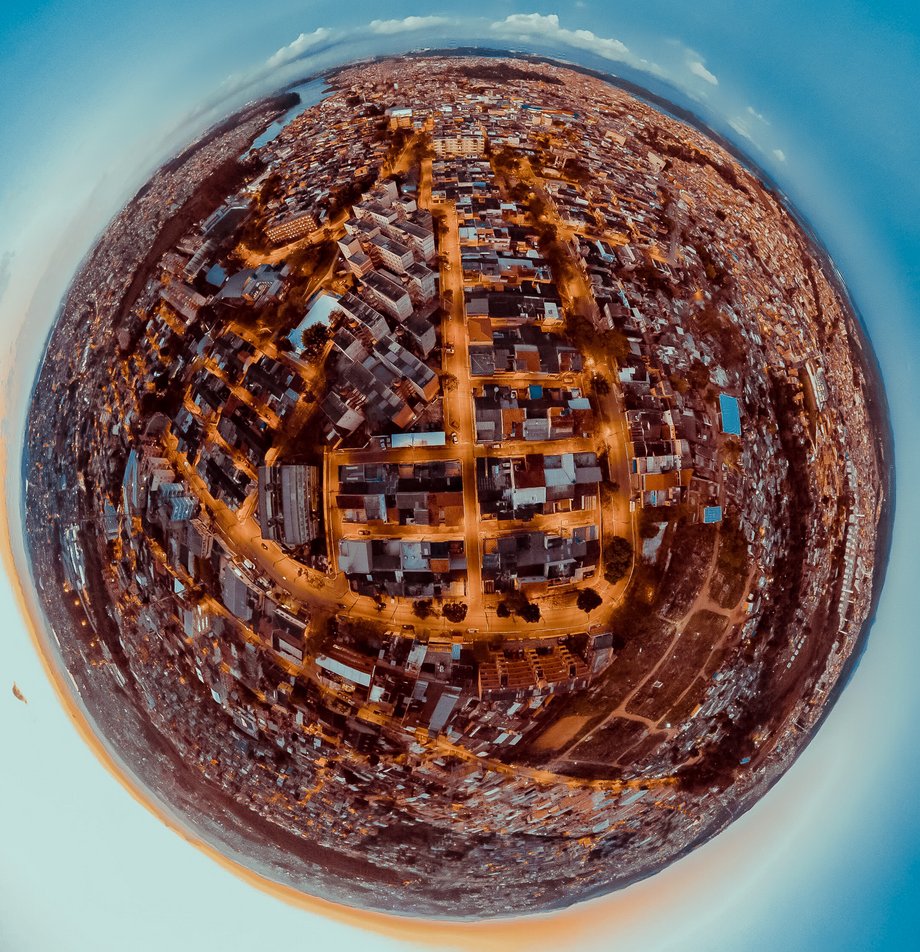Lehre am Fachgebiet Technik- und Umweltsoziologie

Das Fachgebiet Technik- und Umweltsoziologie bietet Lehre in den Studiengängen Digitale Gesellschaft, Kultur und Technik, Environmental and Resource Management, Transformation Studies sowie im Bereich des Fächerübergreifenden Studiums an.
Für eine Anleitung und Themenliste in Bezug auf Studienprojekte, Bachelor- oder Master-Arbeiten bitte hier klicken
Folgende Veranstaltungen werden im Sommersemester 2025 angeboten:
- 13710 - BTU4Future - Transdisziplinäres Modul für Klimaschutz und nachhaltige Entwicklung
- 13716 - Einführung in die Technik- und Umweltsoziologie
- 13711 - Colloquium Transdisciplinary Sustainability Research
- 13705 - Sociology of Sustainable Development
- 13659 - Sustainability and Digitalisation
- 13940 - Global Studies - Massive Open Online Course
- 14466 - Fit4Future Summer School
- 13923 - Transformation Theories
- 13925 - Alternative Economies
Vorlesung Sociology (510503)
Termine
- Mi 15:30 - 17:00, A/B Woche, 15.10.2025 bis 02.02.2026, Zentrales Hörsaalgebäude / SR 3
-
Mi 15:30 - 17:00, Einzel, am 12.11.2025, Zentrales Hörsaalgebäude / HS B, Ersatz für ZHG Seminarraum 3
Studiengänge
- Chemistry: Mat. Eng. Sust. Master (1. Semester) / Prüfungsordnung 2025
- Environmental and Resource Management Bachelor (3. Semester) / Prüfungsordnung 2005
- Environmental and Resource Management Bachelor (3. Semester) / Prüfungsordnung 2015
Lehrinhalt
Die Lehrinhalte entnehmen Sie bitte der Modulbeschreibung.
Seminar Sociology - Seminar (510504)
Termine
- Mi 17:30 - 19:00, A/B Woche, 22.10.2025 bis 04.02.2026, Zentrales Hörsaalgebäude / SR 3
- Mi 17:30 - 19:00, Einzel, am 12.11.2025, Zentrales Hörsaalgebäude / HS B, Ersatz für ZHG Seminarraum 3
Studiengänge
- Chemistry: Mat. Eng. Sust. Master (1. Semester) / Prüfungsordnung 2025
- Environmental and Resource Management Bachelor (1. Semester) / Prüfungsordnung 2015
Lehrinhalt
Die Lehrinhalte entnehmen Sie bitte der Modulbeschreibung.
Übung Übung wissenschaftliches Arbeiten (510520)
Termine
- Mo 10:30 - 17:30, Einzel, am 03.11.2025, Zwischenbau VI / ZB VI.01
- Mo 10:30 - 17:30, Einzel, am 15.12.2025, Zwischenbau VI / ZB VI.03
- Mo 10:30 - 17:30, Einzel, am 12.01.2026, Zwischenbau VI / ZB VI.01
Studiengänge
- fachübergreifend
- Digitale Gesellschaft Bachelor (1. Semester) / Prüfungsordnung 2022
- Kultur und Technik Bachelor (1. Semester) / Prüfungsordnung 2017
Lehrinhalt
Die Lehrinhalte entnehmen Sie bitte der Modulbeschreibung.
Kontakt
- Prof. Dr. phil. Melanie Jaeger-Erben
- Luisa Stuhr
SWS
2.0
Modul
Interdisziplinärer Grundkurs wissenschaftliches Arbeiten (13734)
Seminar Seminar Propädeutikum (510525)
Termine
- Mo 10:30 - 17:30, Einzel, am 02.02.2026, Zwischenbau VI / ZB VI.01
- Mo 10:30 - 17:30, Einzel, am 08.12.2025, Lehrgebäude 2C / 212
- Mi 13:45 - 15:15, Einzel, am 15.10.2025, Lehrgebäude 3A / 406
Studiengänge
- fachübergreifend
- Digitale Gesellschaft Bachelor (1. Semester) / Prüfungsordnung 2022
- Kultur und Technik Bachelor (1. Semester) / Prüfungsordnung 2017
Lehrinhalt
Die Lehrinhalte entnehmen Sie bitte der Modulbeschreibung.
Vorlesung/Übung Theoretical approaches to Justice and Diversity in Environmental Change (510530)
Termine
- Mo 13:45 - 17:00, Einzel, am 09.02.2026, Lehrgebäude 3A / 338
- Mo 13:45 - 15:15, A/B Woche, 13.10.2025 bis 08.02.2026, Lehrgebäude 3A / 338
- Mi 13:45 - 17:00, A Woche, 15.10.2025 bis 05.02.2026, Forschungszentrum 3H / 1.04
Studiengänge
- Transformation Studies Master (1. - 4. Semester) / Prüfungsordnung 2024
- Environmental and Resource Management PhD / Prüfungsordnung 2009
- Environmental and Resource Management Master EE / Prüfungsordnung 2021
- Environmental and Resource Management Master EPL / Prüfungsordnung 2021
- fachübergreifend
- Environmental and Resource Management Master / Prüfungsordnung 2011
Lehrinhalt
Die Lehrinhalte entnehmen Sie bitte der Modulbeschreibung.
Seminar Justice and Diversity research and methods in the context of Environmental Change (510535)
Termin
Mo 15:30 - 17:00, A/B Woche, 13.10.2025 bis 05.02.2026, Lehrgebäude 3A / 338
Studiengänge
- Transformation Studies Master (1. - 4. Semester) / Prüfungsordnung 2024
- Kultur und Technik Master (1. - 4. Semester) / Prüfungsordnung 2017
- Stadt- und Regionalplanung (1. - 4. Semester) / Prüfungsordnung 2023
- Environmental and Resource Management Master EE (1. - 4. Semester) / Prüfungsordnung 2021
- Environmental and Resource Management Master EPL (1. - 4. Semester) / Prüfungsordnung 2021
- Environmental and Resource Management Dpp. MA EE (1. - 4. Semester) / Prüfungsordnung 2021
- Environmental and Resource Management Dpp. MA EPL (1. - 4. Semester) / Prüfungsordnung 2021
Lehrinhalt
Die Lehrinhalte entnehmen Sie bitte der Modulbeschreibung.
Seminar Colloquium for Transdisciplinary Research (510536)
Studiengänge
- Transformation Studies Master (1. - 3. Semester) / Prüfungsordnung 2024
- Environmental and Resource Management PhD / Prüfungsordnung 99
- Environmental and Resource Management PhD / Prüfungsordnung 2017
- Environmental and Resource Management Bachelor (3. Semester) / Prüfungsordnung 2015
- Environmental and Resource Management PhD / Prüfungsordnung 2009
- Environmental and Resource Management Master / Prüfungsordnung 2011
Lehrinhalt
Die Lehrinhalte entnehmen Sie bitte der Modulbeschreibung.
Kontakt
Prof. Dr. phil. Melanie Jaeger-Erben
SWS
2.0
Modul
Colloquium Transdisciplinary Sustainability Research (13711)
Übung Research workshops for Transdisciplinary Sustainability Research (510537)
Termine
- Fr 09:30 - 16:30, Einzel, am 14.11.2025
- Fr 09:30 - 16:30, Einzel, am 16.01.2026, Zwischenbau VI / ZB VI.01
- Fr 09:30 - 16:30, Einzel, am 05.12.2025, Zentrales Hörsaalgebäude / SR 3
Studiengang
Transformation Studies Master (1. - 3. Semester) / Prüfungsordnung 2024
Lehrinhalt
Die Lehrinhalte entnehmen Sie bitte der Modulbeschreibung.
Kontakt
Prof. Dr. phil. Melanie Jaeger-Erben
SWS
2.0
Modul
Colloquium Transdisciplinary Sustainability Research (13711)
Vorlesung Einführung in die Technik- und umweltsoziologische Forschung (510538)
Kontakt
Prof. Dr. phil. Melanie Jaeger-Erben
SWS
2.0
Seminar Anwendungsfelder der Technik- und Umweltsoziologie (510539)
Kontakt
Prof. Dr. phil. Melanie Jaeger-Erben
SWS
2.0
Vorlesung/Seminar Introduction to Transformation Studies (510540)
Termin
Mi 13:45 - 19:00, B Woche, 22.10.2025 bis 11.02.2026, Forschungszentrum 3H / 1.04
Studiengänge
- Transformation Studies Master (1. Semester) / Prüfungsordnung 2024
- fachübergreifend
Lehrinhalt
Die Lehrinhalte entnehmen Sie bitte der Modulbeschreibung.
Kontakt
Prof. Dr. phil. Melanie Jaeger-Erben
SWS
4.0
Modul
Introduction to Transformation Studies (13922)
Seminar Transformation Design and Methdologies (510550)
Termin
A/B Woche
SWS
4.0
Seminar/Übung Transformation Design and Methdologies (510560)
Termin
Mo 10:30 - 13:00, A/B Woche, 20.10.2025 bis 05.01.2026, Laborgebäude 4B / B319
Studiengang
Transformation Studies Master (3. Semester) / Prüfungsordnung 2024
Lehrinhalt
Die Lehrinhalte entnehmen Sie bitte der Modulbeschreibung.
SWS
4.0
Modul
Transformation: Design and Methodologies (13924)
